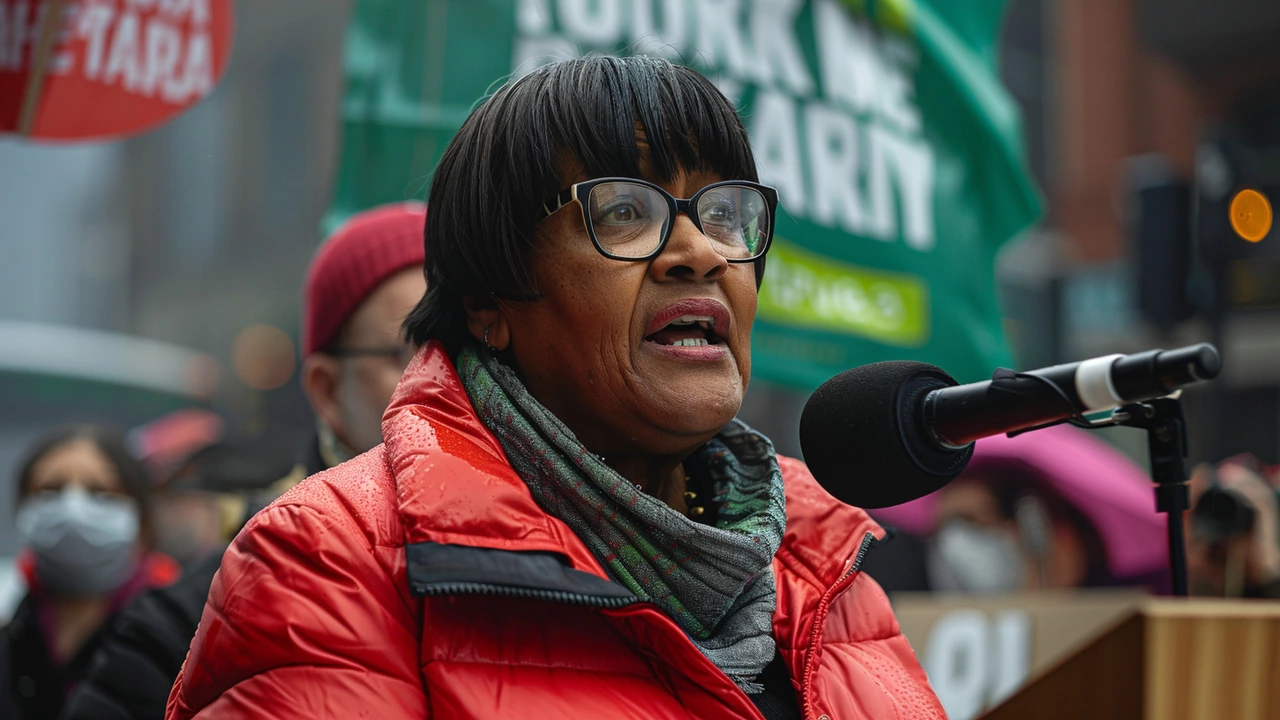Racism Investigation in Motorsport: What You Need to Know
If you hear talk of a racism investigation at a race track or within a racing team, you might wonder what actually happens. Do you need a lawyer? Can the investigation stop your season? Below is a straight‑forward guide that explains the process, the key steps, and how you can protect yourself.
How a Racism Investigation Starts
Usually, an investigation begins when someone files a complaint. In motorsport, complaints can come from drivers, crew members, fans, or sponsors. The complaint is sent to the governing body – for example the FIA, a national motorsport authority, or a club’s own compliance team. Once the complaint is logged, the body will assign an investigator who is trained to handle discrimination cases.
The investigator collects evidence. This may include:
- Written statements from the person who reported the incident and any witnesses.
- Video or audio recordings from the track, paddock, or team communications.
- Email, text, or social‑media messages that show the alleged racist behavior.
All of this is kept confidential. The goal is to see if there’s enough proof to move forward. If the evidence looks solid, the body will issue a formal notice to the accused party and set a deadline for a response.
Your Rights and Next Steps
Whether you’re the complainant or the accused, you have rights. The complainant can request support from a union, a driver’s association, or an independent adviser. The accused can request a copy of the complaint, the evidence, and the chance to give their side of the story.
It’s wise to get legal help early. A motorsport‑focused lawyer knows the specific rules that apply, from licensing requirements to team contracts. They can help you:
- Gather and organise your own evidence.
- Draft a clear written response.
- Negotiate a settlement or remedial actions, such as diversity training.
If the investigation finds a breach, possible outcomes include fines, suspensions, mandatory education, or even revoking a licence. In some cases, the matter can go to court, especially if the alleged discrimination caused serious career damage.
While the process can feel stressful, staying calm and cooperative makes a big difference. Keep all communications professional, avoid social‑media posts about the case, and follow any deadlines exactly.
Finally, remember that many racing organisations now have clear anti‑discrimination policies. Knowing those policies, and the internal reporting routes, can speed up a resolution and protect the sport’s reputation.
Racism has no place in motorsport, and the law provides tools to address it. By understanding how investigations work and what your rights are, you can navigate the process confidently and keep the focus on the race, not the fallout.
Diane Abbott, MP for Hackney North and Stoke Newington, has reclaimed her Labour Party whip after an investigation into remarks she made about racism. The Labour Party withdrew the whip in 2023, citing controversial comments. After completing a formal warning and online training, her status was reinstated. The resolution timing has sparked controversy and criticism towards Labour leadership.
